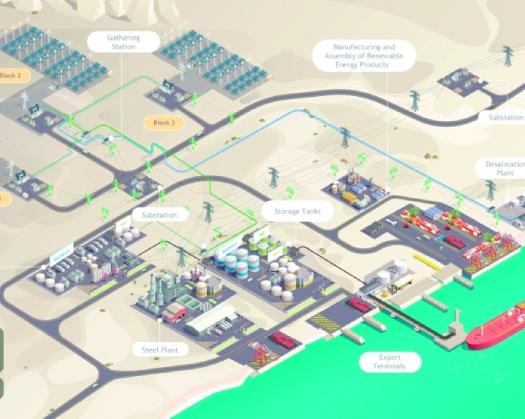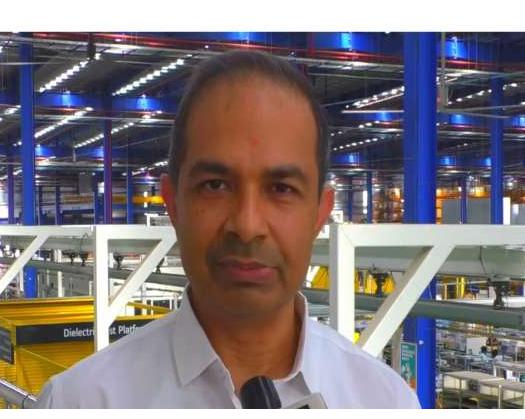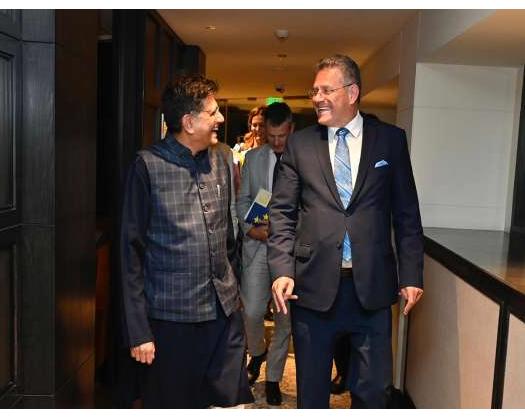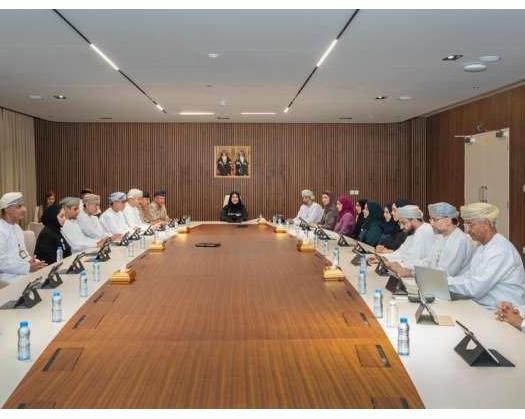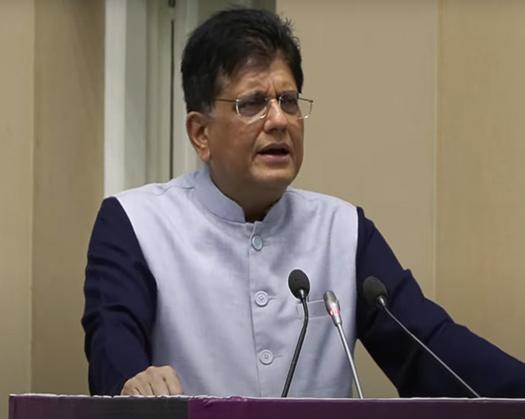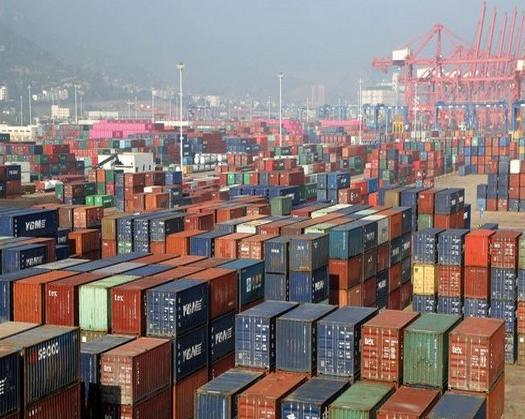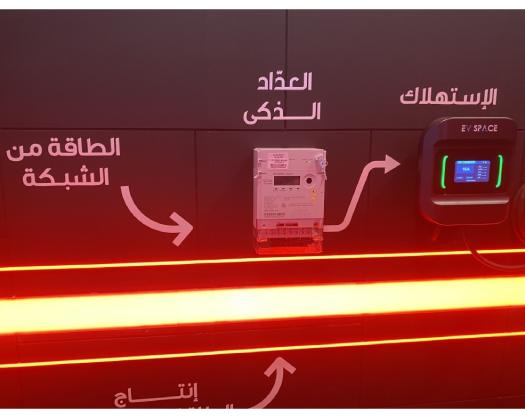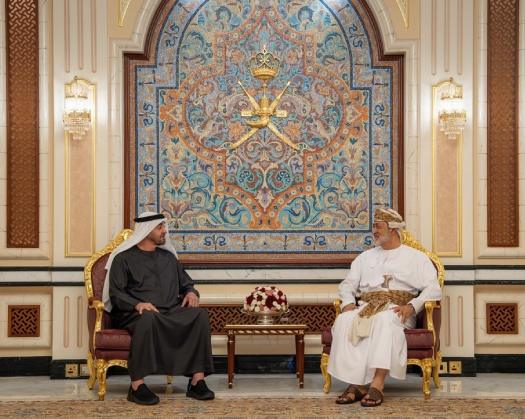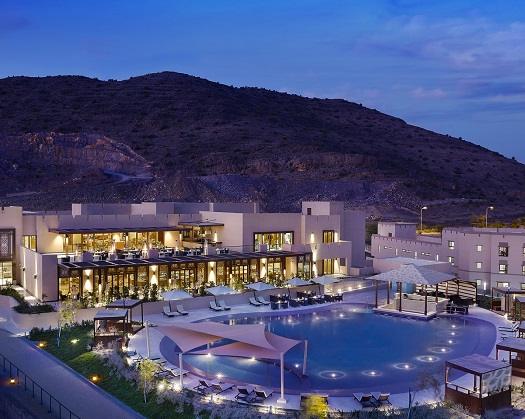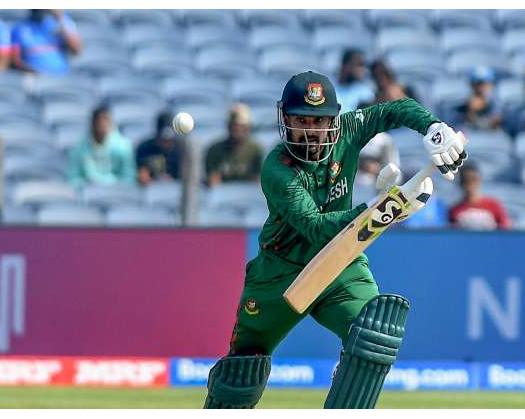Once influenced by their geographical positioning within the Sultanate, industrial centers are now progressively developing around particular sectors and commodities – a rising trend that is expected to stimulate new industrial investments in Oman, as stated by a prominent government official.
Dr. Ali bin Masoud al Sunaidy, Chairman of the Public Authority for Special Economic Zones and Free Zones (OPAZ), provided examples of new clusters that are currently in the planning or early development stages, focusing on investments in areas such as green hydrogen, renewable supply chain manufacturing, minerals, and aluminium value addition. He pointed out that the initial wave of SEZs and free zones emerged near strategic ports without a specific sectoral focus.
"OPAZ policies are in line with Oman’s industrial strategy, which emphasizes sectoral clustering – bringing together complementary industries in designated zones to enhance value chains and strengthen economic resilience. This strategy leverages existing strengths and directs future development through focused planning. For instance, in Sohar Free Zone, a manufacturing cluster centered on polysilicon production and related solar industries is taking shape," Dr. al Sunaidy remarked.
The official shared these insights during an interview with the global publishing, research, and consultancy firm Oxford Business Group (OBG). The London-based organization recently released its Oman 2025 Report, which highlights the significant advancements made by the country in energy, logistics, manufacturing, tourism, and financial services, while also evaluating emerging opportunities in green energy, agritech, and digital innovation.
According to Dr. Al Sunaidy, long-established industrial cities and free zones are generating new clusters centered around specific sectors. For instance, the Salalah Free Zone and the adjacent Raysut Industrial City are cultivating a cluster of pharmaceutical industries that take advantage of their access to raw materials, supply chains, and global markets via the Port of Salalah.
He further noted that "the master plan for the Special Economic Zone at Duqm (SEZAD) is currently in progress, and the existing infrastructure facilitates the harnessing of energy necessary to establish a cluster of green hydrogen and renewable energy-related industries."
In a similar manner, infrastructure development is now being more deliberately aligned with sectoral clusters, with investments directed toward their enhancement, as stated by the Chairman of OPAZ. He emphasized that physical, logistical, and utility infrastructure are being customized to accommodate the specific needs of each zone’s priority sectors.
"For example, in Khazaen Economic City, we are observing a concentration of food-related industries, propelled by both public and private investments in infrastructure, including significant funding for the Silal Fruits and Vegetables Central Market in Khazaen."
Likewise, the new fishing port at the Duqm SEZ is promoting the establishment of a substantial industrial fisheries cluster that will support investments in canning, processing, and the production of fish oil, fish meal, and organic fertilizers. He noted, "Design efforts are underway to integrate that with cold chain logistics, reflecting the government’s commitment to maximizing value in fisheries and food processing."
The official also mentioned that other clusters are being developed in close collaboration with government ministries and relevant agencies. "To cite a few examples, the clusters of plastics and polysilicon are being developed in collaboration with the Ministry of Commerce, Industry, and Investment Promotion, including OQ Group and the Oman Investment Authority, as well as with Invest Oman and the Nazdaher program. The hydrogen cluster is being coordinated closely with the Ministry of Energy and Minerals, including the government-owned Hydrogen Oman. The fish and food cluster is in coordination with both the Ministry of Economy and the Ministry of Agriculture, Fisheries, and Water Resources. Several other clusters are also under consideration or in the design phase."
Furthermore, plans are underway for a downstream aluminium manufacturing center near Sohar Aluminium Company, while in Shaleem, Dhofar Governorate, OPAZ is progressing initiatives to establish a mineral-focused economic zone, which will include infrastructure to support bulk exports via sea. This initiative reflects a vision of aligning natural resource development with industrial processing, he added.

